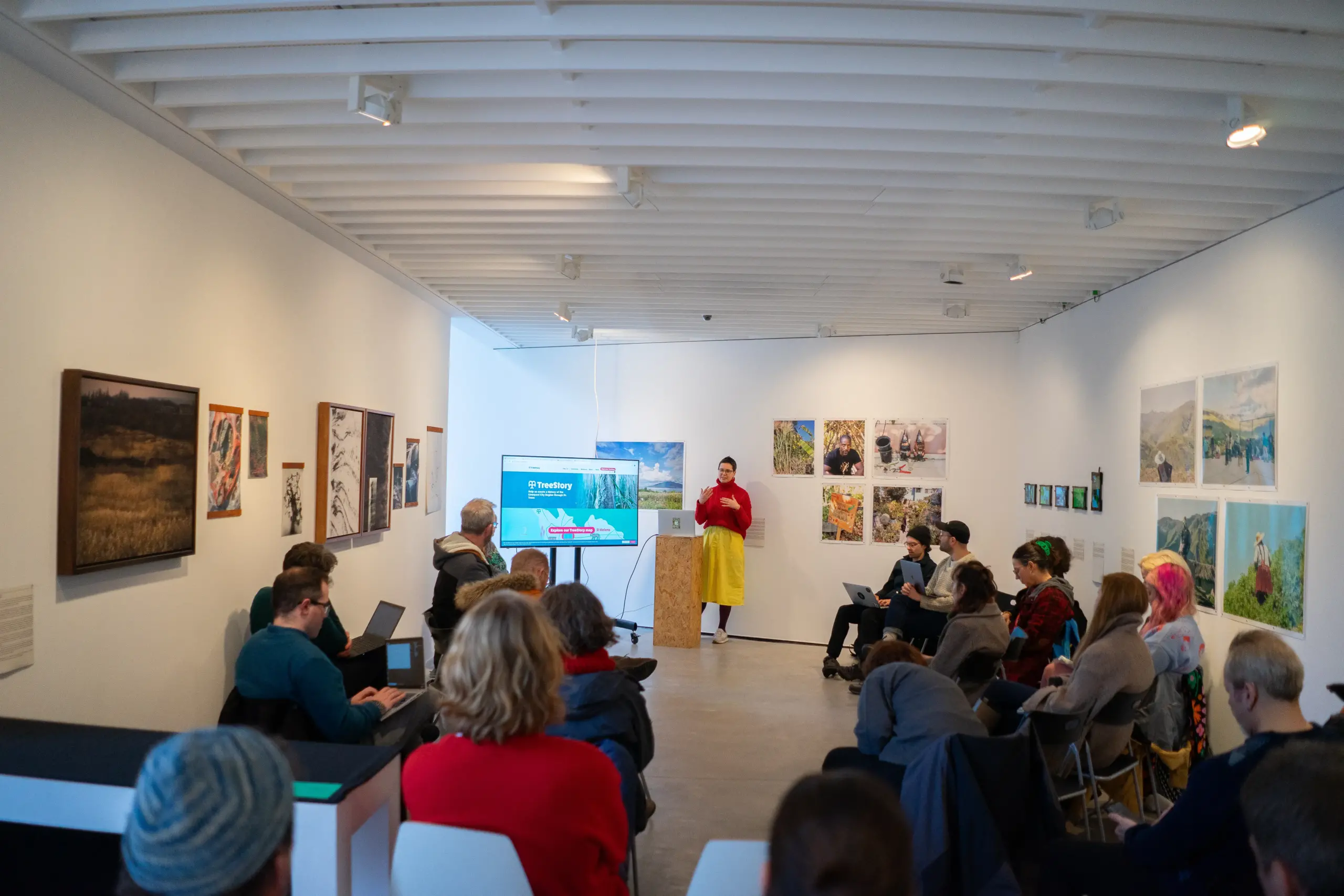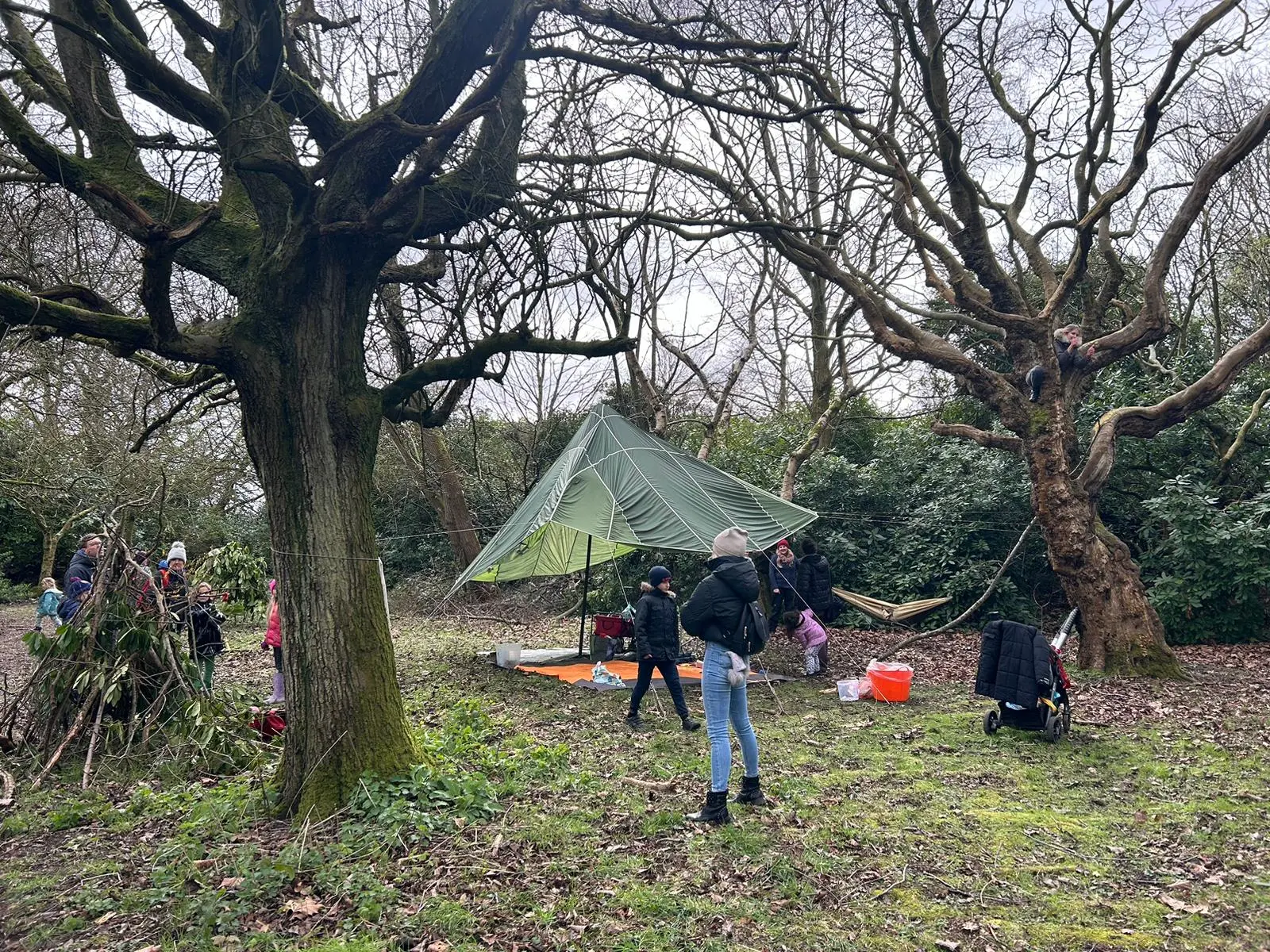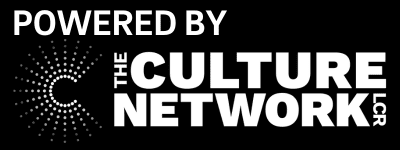
Shift Liverpool stands at the forefront of sustainability efforts within the Liverpool City Region’s cultural sector. Co-organised by Jen Porter, Director, and Jon Davies, Producer, of Metal Liverpool, the pioneering network aims to address the climate emergency and achieve the region’s ambitious 2040 zero-carbon target.
By fostering collaboration among cultural organisations, Shift Liverpool facilitates the sharing of knowledge and resources, paving the way for innovative initiatives that benefit the entire sector. We talk to Jen Porter about the inception of the network, the pivotal role cultural organisations play in addressing climate change, and the strategic practices Shift promotes to reduce carbon footprints.
Uncover Liverpool: Tell us about the founding of Shift Liverpool and the vision behind it? What inspired you to create a sustainability network specifically for cultural organisations?
Jen Porter: Shift is a Metal project that was founded in 2021 to coincide with the run up to COP26 which was held in Glasgow that year. It was initiated by Metal Liverpool’s former Director Shaun Curtis with support from Nathalie Candel, who at the time was Future Yard’s sustainability manager. It was inspired by the sustainability networks set up in Manchester, GMAST, and SAIL in Leeds. The network was founded to ensure the arts sector was working collectively and contributing positively to Liverpool City Region’s ambitious 2040 Net Zero target, firstly by changing our own practices and for us to use art as a tool to communicate more widely on ways to reduce our environmental impact.
Uncover Liverpool: Can you discuss the importance of cultural organisations in leading the fight against climate change?
Jen Porter: Arts and Culture has a unique opportunity to influence the conversation on climate change, for many the crisis feels abstract, that it’s a problem that’s years away, which it evidently is not. Art can platform stories that are both local and global, giving focus to changes in our habitat that can be imperceptible, as well as providing creative solutions to the more urgent problems we are facing. Culture has not just the ability but the responsibility to show what’s happening to our world and what is possible when we work collectively for a better future.
Uncover Liverpool: Can you explain the significance of the pledge that organisations are invited to sign when joining Shift Liverpool?
Jen Porter: The most important thing to signing the pledge is to commit to recognising we share a common goal and that as a network we’re making the effort to make a difference, no matter the size of your organisation. By participating in our bi-monthly networking meetings, and receiving our monthly newsletter, we want to encourage people from all levels of an organisation to work towards collective actions that can benefit everyone. This can often start with communication and taking knowledge exchanged in our meetings to your wider team.
Uncover Liverpool: What specific practices or strategies does Shift Liverpool promote to help organisations reduce their carbon footprint?
Jen Porter: Since we established we have been mostly encouraging organisations to get their house in order at an operational level. It’s the quick, cheap but not particularly showy wins in your building, such as switching lights, appliances and heating off when you don’t need it, encouraging better recycling and reducing waste at source, that can make a big difference to both your footprint and behavioural change. Then it’s about making sure a baseline of knowledge is shared across the organisation, whether it’s becoming certified Carbon Literate or agreeing environmental working policies that influence people’s choices on travel, purchases and programme. We’re currently working through the Arts Green Book with a core group of Shift members looking at Operations, Buildings and Productions and trying to collectively meet the baseline target.

Uncover Liverpool: What are some examples of successful collaborations or projects that have emerged from the network?
Jen Porter: Shift have been involved in a couple events, Future Yard’s POP26 and the Arts Green Book day hosted by us with Paddy Dillon from Renew Culture and powered by Ecotricity. Both events led on sharing guides to embed sustainability in our organisations, with Future Yard’s Sustainability Roadmap and Paddy presenting on the Arts Green Book, a comprehensive guide for organisations to becoming leaner, cleaner and greener in their buildings and operations. From that event a number of organisations have agreed to adopt the practices from the book; watch this space as we plan to share the developments on this more widely.
Uncover Liverpool: What are some of the biggest challenges Shift Liverpool faces in its mission to drive down carbon footprints and promote sustainability?
Jen Porter: I think the biggest challenge is to make sure we all get the same opportunity to make a difference, which depends on many factors around what we’re able to control. This ranges from very practical things such as tenanting a building and therefore being unable to make contract changes to energy suppliers to making behavioural changes that contradict ways we’ve been working for such a long time. This is where the importance of networks come in: we need to support each other and make a group effort to agree that certain ways of working need to change if we are to make a difference.
Uncover Liverpool: Are there any upcoming initiatives or events that you’re particularly excited about?
Jen Porter: We love urban greening initiatives like Scouse Flowerhouse and Sudley Walled Garden, who are community focused groups bringing art and nature together for many of their activities. We are also looking forward to our involvement in Car Free Day 2024, on Sunday 22 September, a day where a main street in Liverpool will become animated by cycling, walking, creative and leisure activities to envision a world with less traffic and pollution.
Uncover Liverpool: What advice would you give to cultural organisations just beginning their sustainability journey?
Jen Porter: Celebrate your step changes on each level and don’t underestimate your sphere of influence! As an example, if you can change your habits on travel, taking public transport or walking instead of the car, that encourages others to take that step. Building embodied knowledge in your team for things like transport links and safe walking routes could then influence the travel advice you give to your audience.
I would also make sure to give yourself and your team time and permission to figure out new ways of doing things and be transparent about it. You don’t have to get everything right first time, and like everyone we’re on a journey to becoming more sustainable and environmentally aware. There’s no cure-all for the challenge we face (just yet) but if we can keep embedding better ways of doing things within cultural organisations we can ensure we’re heading in the right direction to create a greener future for all.
To find out more about Shift Liverpool and joining the network visit shiftliverpool.com or email hello@shiftliverpool.com.

